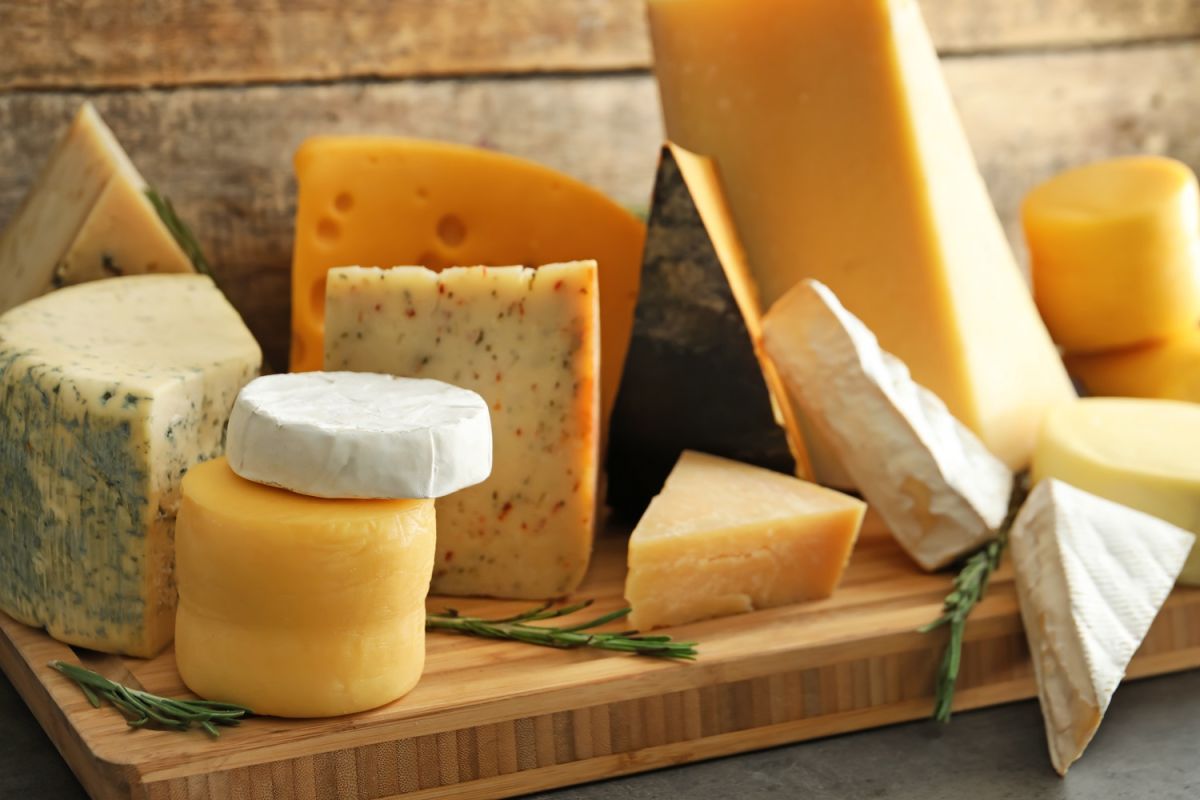Paris Brothers, Inc. is recalling a variety of cheeses that could be contaminated with the bacteria Listeria monocytogenes, according to a notice shared by the United States Food and Drug Administration (FDA).
The recalled products were delivered to wholesalers for distribution in supermarkets in Kansas, Missouri, Arizona, Iowa, Oklahoma, Nebraska, South Dakota, as well as a store in Mississippi and Florida.
The products of the Kansas City, Missouri company were produced from May 4 to 6 of this year. Product boxes bear a lot code of 05042022, 05052022 or 05052022. However, the FDA advises that individual retail outlets may have relabeled individual consumer packages.
Recalled products include Cottonwood River Cheddar, D’amir Brie Double Créme French Brie, Milton Prairie Breeze White Cheddar Style, Milton Tomato Garlic Cheddar, Paris Brothers Mild Cheddar, Paris Brothers Colby Jack, Paris Brothers Pepper Jack and Cervasi Pecorino Romano.
The recall follows routine FDA sampling revealed the presence of Listeria monocytogenes.
So far no sick person has been reported from the consumption of these products.
How Listeria can make you sick
Listeria can cause a serious infection called listeriosis. The main cause that people get sick with listeriosis is eating food contaminated with this bacteria.
The infection is more likely to make pregnant women and their newborns, adults of 65 years or older and people with a weakened immune system.
The Centers for Disease Control and Prevention indicate that when listeriosis occurs during pregnancy, can cause miscarriage, stillbirth, or death of the newborn.
The Listeria type of infection is rarely diagnosed. Healthy people may experience only short-term symptoms, such as high fever, severe headache, stiffness, nausea, abdominal pain, and diarrhea.
Pregnant women generally only experience fever and other symptoms similar to those of the flu, such as fatigue and muscle aches.
Most people with invasive listeriosis (when the bacteria has spread beyond the intestines) require hospital care, and about one in five dies from the disease, according to CDC data.
Among the products most likely to be contaminated with Listeria are raw milk and unpasteurized cheeses, made with fresh milk.
The CDC points out that, although the Pasteurization of milk kills Listeria, products made with pasteurized milk can still be contaminated if they are produced in facilities that do not have hygienic conditions.
You can inte resar:
–What are raw milk cheeses and why are they risky
– How to wash chicken safely and limit the spread of bacteria
–How to ensure leftovers are safe to eat
